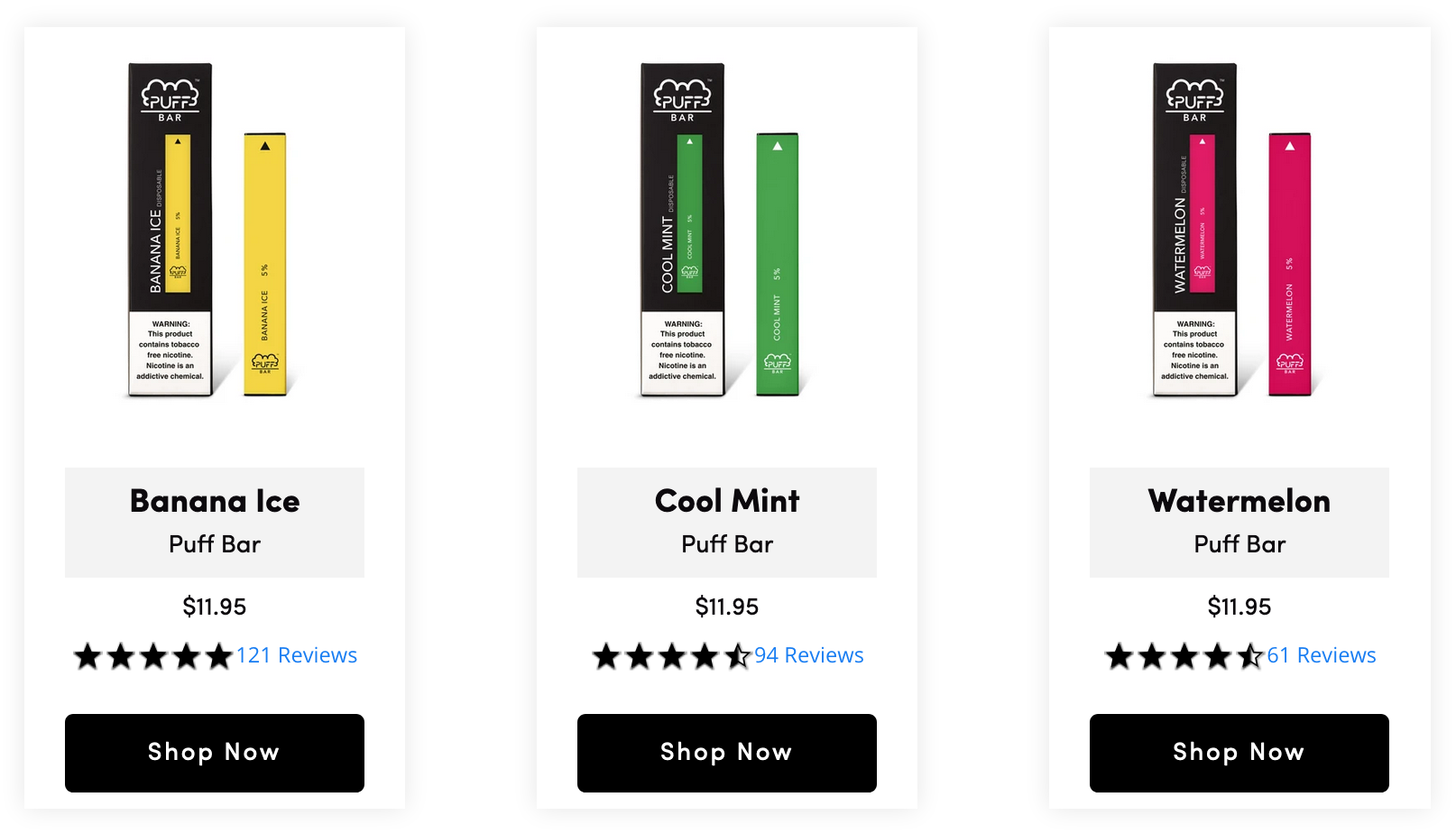
Companies Accused of Greenwashing
When companies green it, they better mean it.
 According to the FDA, every day almost 3,500 kids pick up their first cigarette. What’s worse is that a quarter of those kids (850 of them) become daily cigarette smokers.
According to the FDA, every day almost 3,500 kids pick up their first cigarette. What’s worse is that a quarter of those kids (850 of them) become daily cigarette smokers.
For years, the FTC and FDA have been trying to address these troubling statistics, but kids are still smoking at an alarming rate.
In the 90s, the FTC went after Joe Camel because he became as recognizable to kids as Mickey Mouse. So, R.J. Reynolds Tobacco Co., the seller of Camel cigarettes, stopped using the cartoon camel and contributed to an anti-smoking education campaign aimed at young people. But kids were still lighting up and Joe C. was no longer around for the flogging.
In 2009, the FDA banned the sale of fruit and clove flavored cigarettes. The thinking was that the sweetness made the products more appealing to kids, and were seen as a gateway for kids to become regular smokers. But again, kids weren’t deterred and settled for flavorless smokes.
Determined not to give up, in 2011, the FDA came out with the Graphic Warnings Rule, requiring tobacco companies to put big gross images, like rotting teeth or a corpse, on cigarette packs. Not surprisingly, tobacco companies sued, arguing that the rule violated their freedom of speech. Some district courts have ruled that the Graphic Warnings Rule is unconstitutional, while other district courts have sided with the FDA. For more information on this battle, click here.
So, what now?
On March 30, 2012, the FDA released two draft guidance documents in its latest attempt to help stop kids from using tobacco. The first document provides guidance to tobacco companies on how to comply with the requirement to report on the amounts of chemicals in their tobacco products. The second document provides guidance to companies that want to advertise a tobacco product as less harmful or associated with reducing the risk of tobacco-related disease. According to the FDA, these guidelines will help the war against childhood smoking by giving people the true facts about the dangers of tobacco use.
We’ve got our fingers crossed that the message gets through this time, but we’re not holding our breath.
When companies green it, they better mean it.
FDA says it is aware of the situation but declined to comment on the regulatory status of disposable e-cigarette brand.
The disposable e-cigarette has replaced Juul as the go-to vape for minors.

